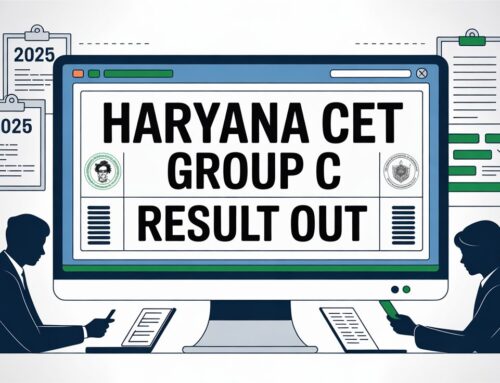The Government of India has announced a revised Suspension of Operations (SoO) pact with Kuki-Zo groups, tightening norms and setting clearer boundaries for armed organisations in the North-East. This development carries significant implications for peace, security, and community relations in Manipur and adjoining regions.
What is the Suspension of Operations (SoO) Pact?
The SoO pact is a ceasefire-like agreement between the Government, the Army/paramilitary forces, and various insurgent groups. Under this pact, militant groups are required to stay in designated camps, surrender arms (to an extent), and refrain from illegal activities, while the Government agrees to halt offensive operations against them.
The pact is usually seen as a confidence-building measure aimed at maintaining peace while longer-term political or social negotiations take place.
Why Has the Pact Been Revised?
The revision comes against the backdrop of ongoing ethnic tensions and violence in Manipur, particularly between the Kuki-Zo and Meitei communities. Concerns have been raised over SoO signatory groups allegedly:
-
Misusing designated camps.
-
Involvement in extortion and illegal activities.
-
Participating in violent clashes despite the peace agreement.
To address these challenges, the Government has decided to impose stricter monitoring and compliance norms.
Key Changes in the Revised SoO Pact
-
Stricter Monitoring of Camps: Armed groups must remain confined to designated camps, with tighter surveillance by security forces.
-
Movement Restrictions: Any movement outside the camps requires prior approval from authorities.
-
Stronger Arms Control: Groups must ensure stricter compliance with the terms of weapon surrender and are prohibited from acquiring new arms.
-
Penalties for Violations: Breaches of the pact, including involvement in violence, may lead to immediate suspension of benefits and stronger legal action.
-
Shorter Review Periods: The pact will be reviewed more frequently to ensure accountability.
Impact on Kuki-Zo Groups
For the Kuki-Zo groups, this revised pact means greater scrutiny and limited operational freedom. While some leaders may view this as a setback, the Government believes it is essential to prevent misuse of the peace framework.
The tighter norms also signal New Delhi’s intent to restore peace and lawfulness in Manipur while balancing the delicate relationship between different ethnic groups.
Wider Implications for Manipur
-
Security: Increased control over armed groups could reduce violence in conflict-prone areas.
-
Trust Building: Communities affected by clashes may see this as a step towards accountability.
-
Challenges: Enforcement will be crucial—without effective monitoring, the pact risks being symbolic rather than transformative.
Conclusion
The revision of the SoO pact is a critical moment in Manipur’s peace process. While the tighter norms for Kuki-Zo groups may appear restrictive, they are intended to curb misuse of ceasefire agreements and promote long-term stability. Success, however, will depend on fair enforcement, transparent negotiations, and continued dialogue among all stakeholders.




